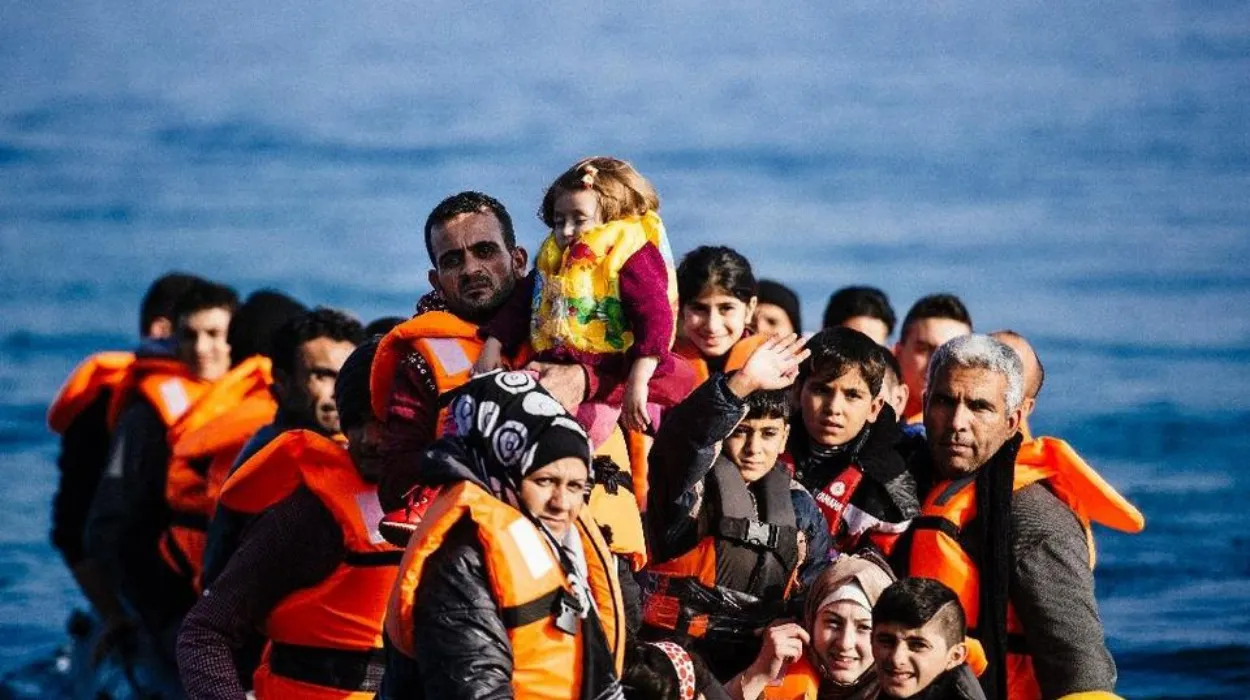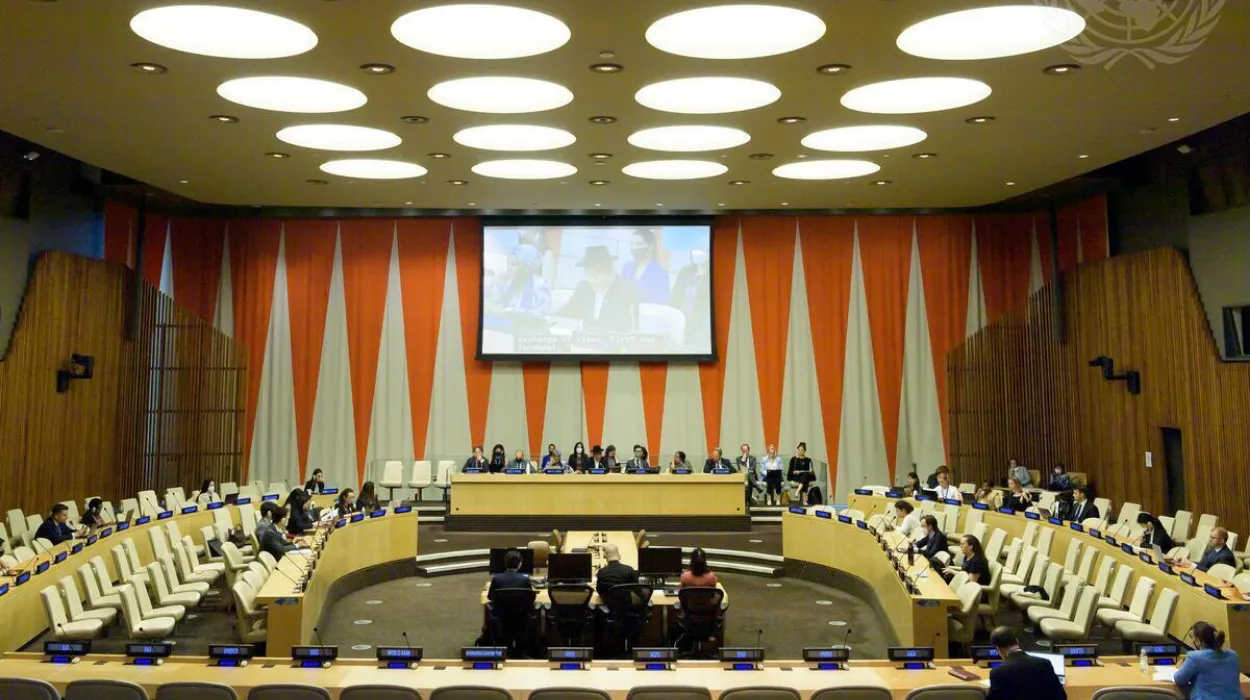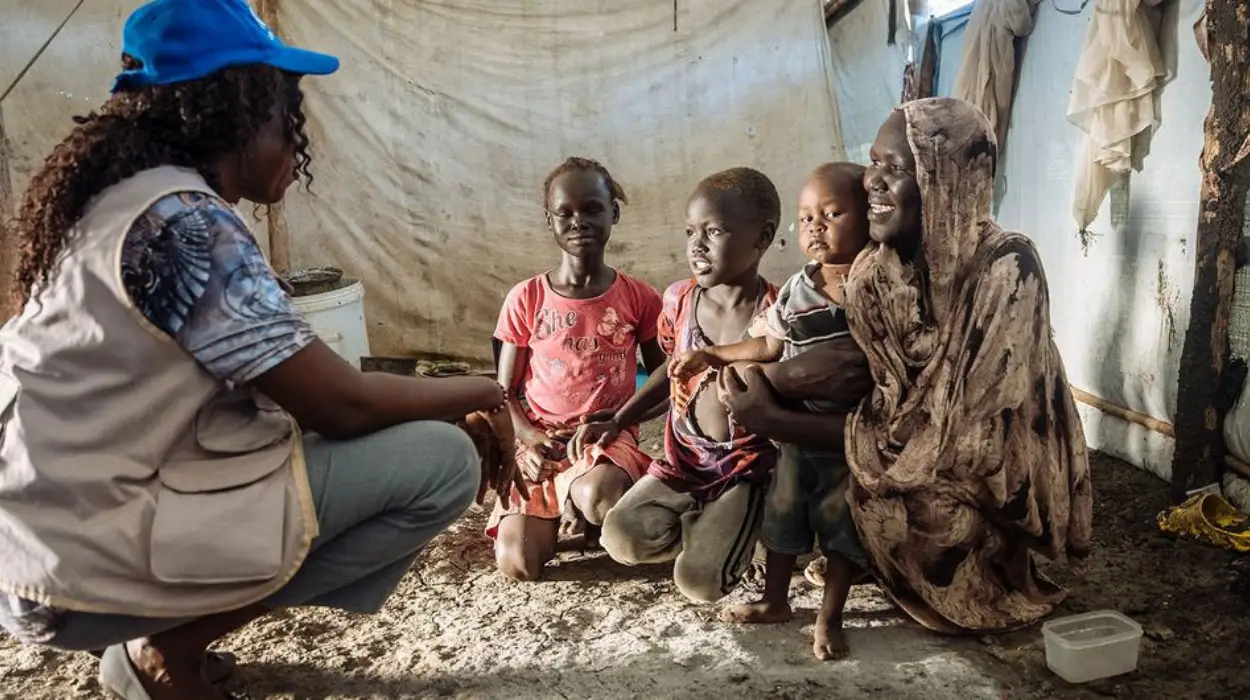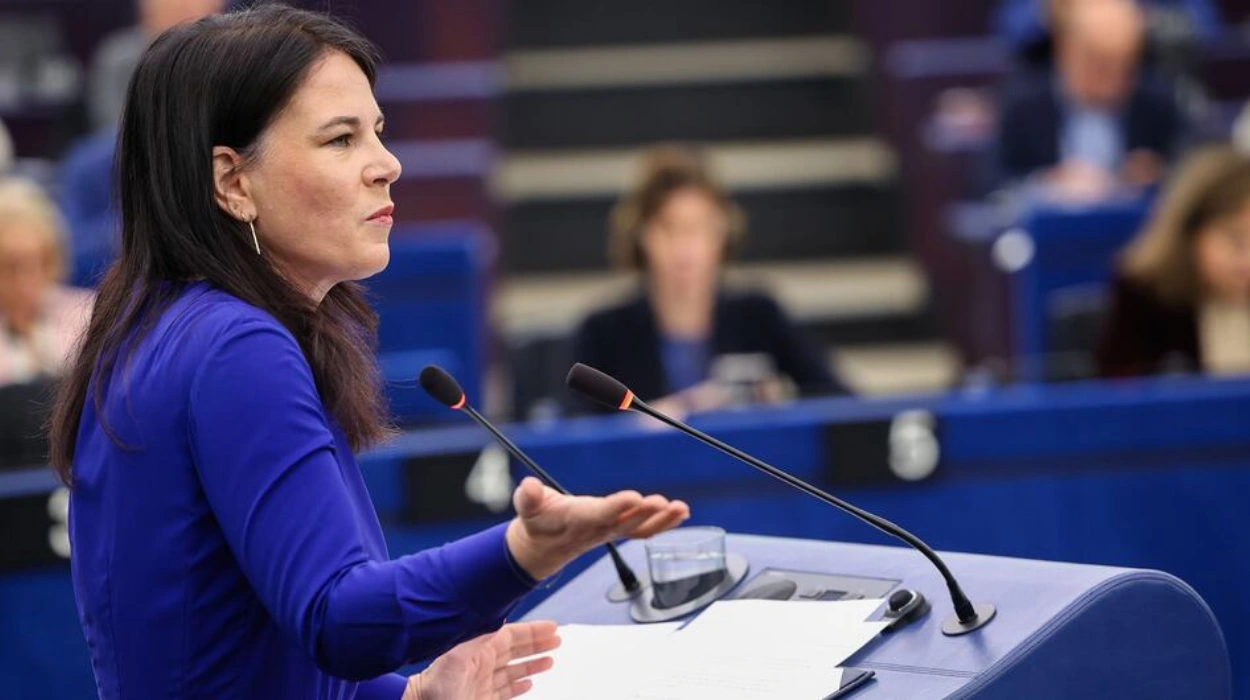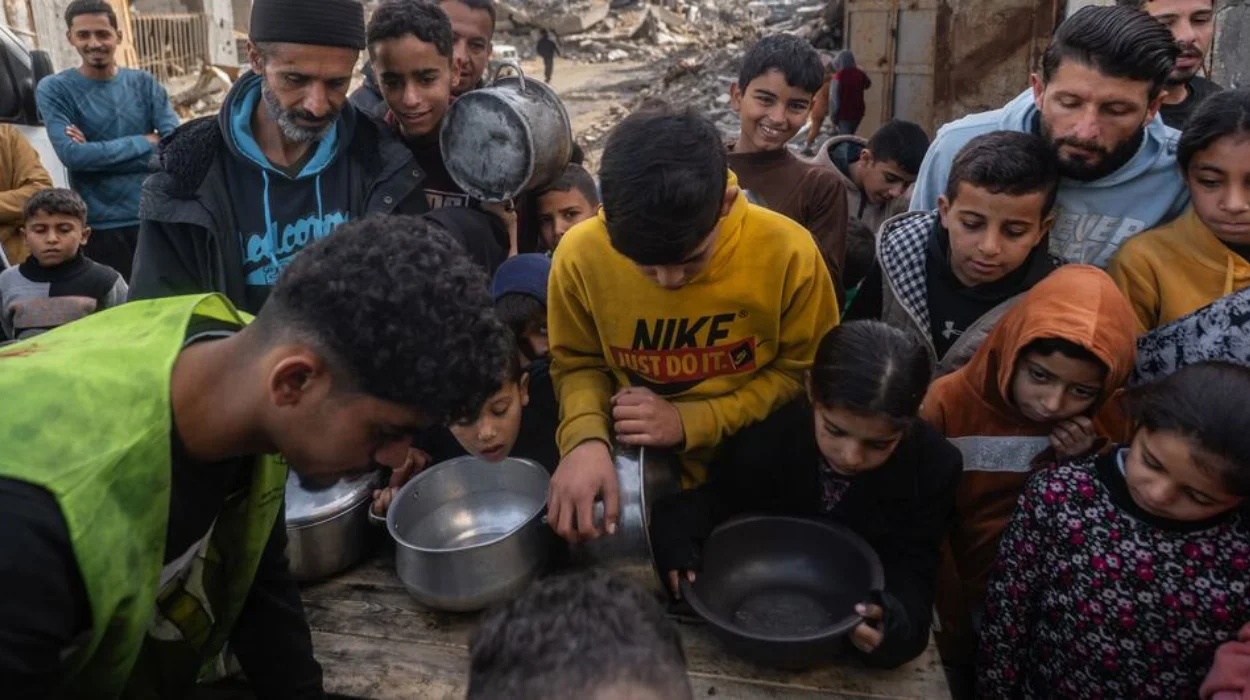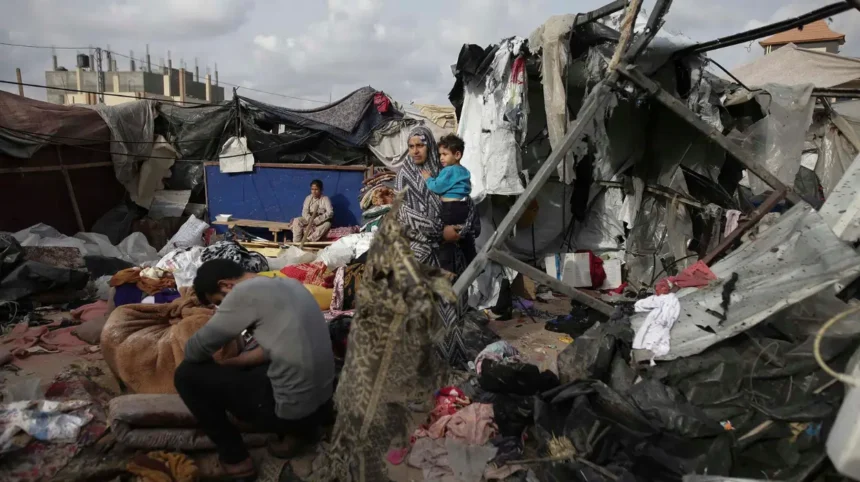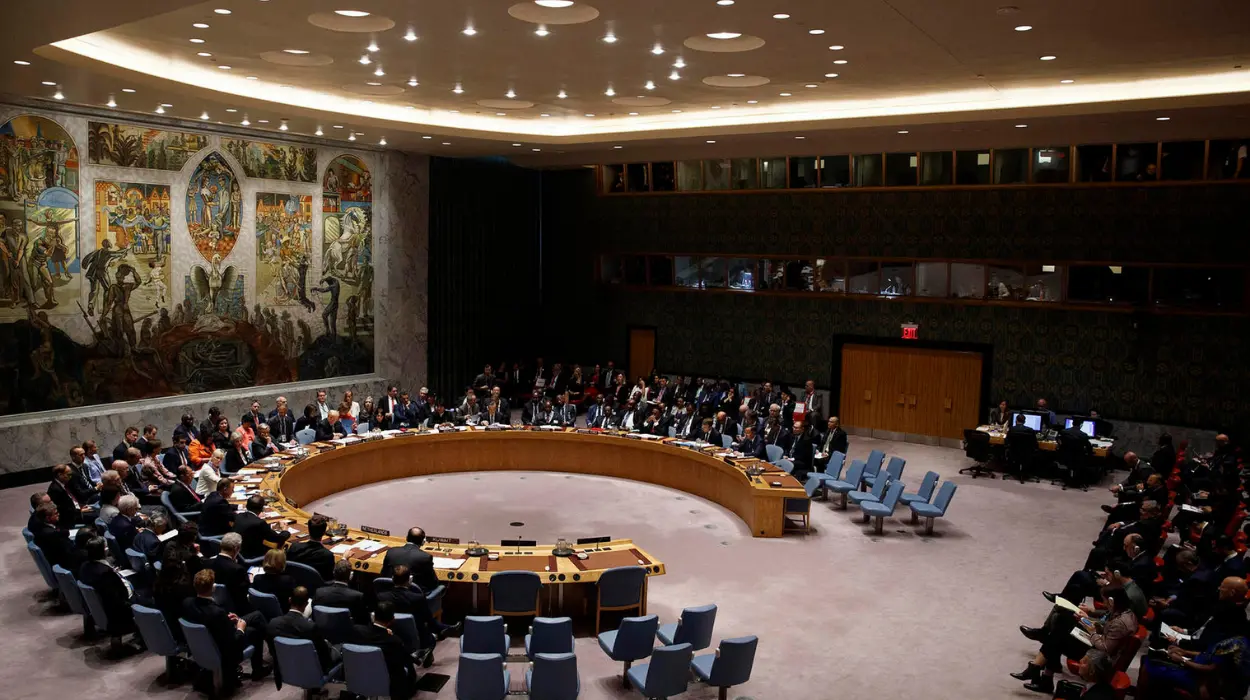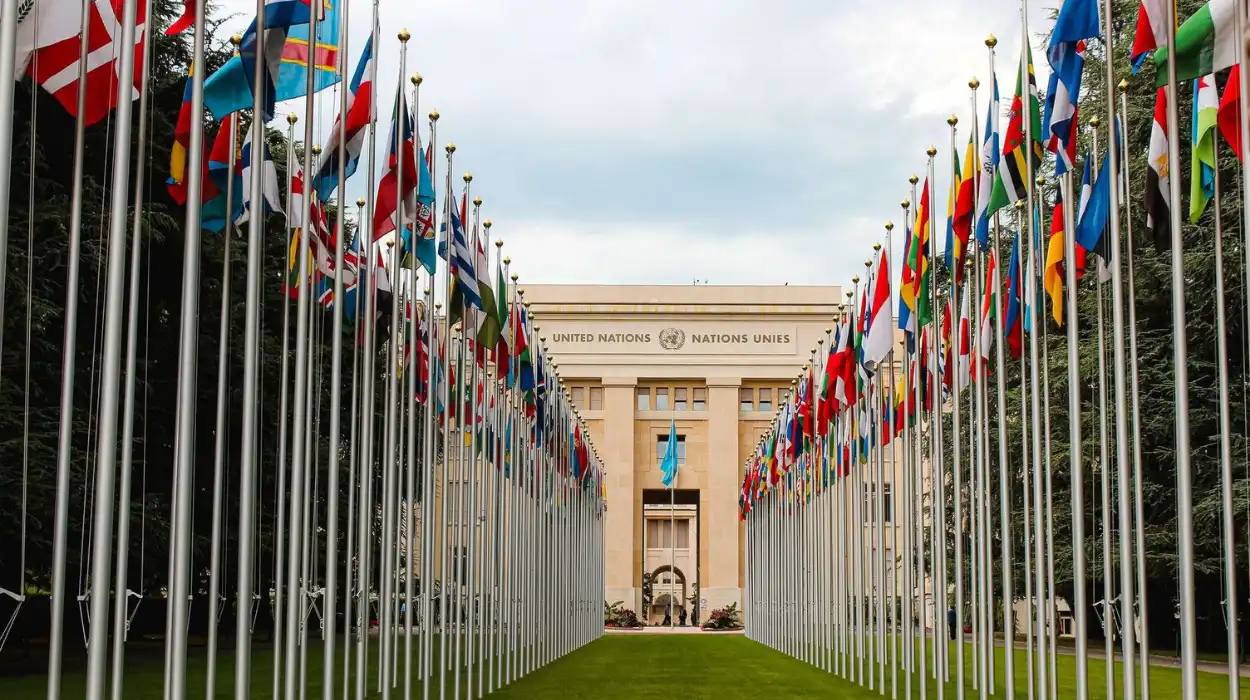The issue of Human Rights Council bias has been going on since the body assumed the capacity of the UN Commission on Human Rights in 2006. Since the start of its history, the Council has been criticized as allocating a disproportionate number of resolutions, inquiries and special sessions to Israel, relative to other similar-scale conflicts. As of 2025, the same trend has influenced the attitudes towards the integrity of the Council and its political interests, and this is worrying to observers and member states.
Although the advocates of the Council emphasis contend that the extended occupation of Israel and its binding duties under the international humanitarian law warrants the escalated attention, its opponents declare that the disproportion creates the misalignment of global human rights priorities. They indicate that the involvement of the Council in breaches by Palestinian forces or even those by states in the countries neighboring the state is limited. The history of this asymmetry is the context of consideration of the new 2025 when the discussions of fairness and impartiality are heated due to the geopolitical tension and polarization of the world.
Developments in Resolutions and Investigations During 2025
The Human Rights Council was still passing resolutions condemning the settlement expansion of Israel in the West Bank and East Jerusalem in 2025. These resolutions placed settlement activity in violation of international law which brought extensive support among members of the Global South as well as a few European states. The land appropriation, demographic changes and property rights stress continued to feature on the agenda of the Council discussions and reflected the findings of the preceding years.
Limited follow-through on Palestinian accountability
Any attempts to advance resolutions to human rights violations by the Palestinian groups such as arbitrary arrests, oppression of dissent, and assaults on Israeli civilians were met with foreseeable efforts. A few proposals were halted in the negotiation table or they were not passed by majority. Member states which were allied to the Organization of Islamic Cooperation stated that such resolutions may weaken the concentration of the occupying power, which rejuvenated long-standing political equities in the Council.
Investigative mechanisms and selective attention
In 2025, investigative requirements were again a major concern in regard to Israel. Another report, which highlighted the alleged excessive force when conducting security operations, in Gaza brought forth heated debate. Opponents pointed out that similar intensive investigations were not conducted on Palestinian rocket attacks or domestic violence in Gaza and the West Bank. Israel rejected the investigation results saying that they were politically motivated and they have long held the stand of non-cooperation with investigative organs of the Council.
Political Influences and Regional Alliances Shaping Council Outcomes
Political coalitions have been among the most compelling issues that have led to the Human Rights Council bias debate. The Arab Group and larger Islamic bloc have long been orchestrating the efforts of enacting resolutions against Israel which they tend to package as necessary to keep the pressure on Israel by the international community against violating Palestinian rights. This union of blocks remained stable in terms of voting and influenced the negotiation processes in 2025.
Western states navigating political pressures
European and North American states tried to be more balanced in their position, proposing the language speaking about the duties of all the parties. Their interventions however were influenced by domestic political factors and alliances with Israel. A number of Western diplomats stressed the necessity of having balanced accountability as part of credible human rights protection, although this was often met with opposition at later stages of drafting.
Strategic calculations by major powers
The positions of Russia and China continued to take positions against Israel that were critical in line with other geopolitical policy positions of countering the western dominance in the multilateral institutions. The fact that they supported their ideas in 2025 further encouraged the view that it seems that the Council discussions are highly reflective of global politics of power instead of human rights. It is the combination of these strategic interests that makes the Council seem biased and the inability to reach consensus over neutral language.
Impact of Perceived Bias on the Human Rights Council’s Credibility
Recurrent claims of bias at the Human Rights Council in regard to matters of Israel-Palestine have caused lack of confidence in some of the member states. Israel continues its argument that the Council is a selective condemnation table, and the opinion is shared by a number of Western governments. Such concerns influence teamwork in the process of investigations, undermine the effect of resolutions adopted, and aggravate the discussion of the purpose of the Council.
Civil society criticism reinforcing credibility challenges
In 2025, major human rights groups, including Amnesty International and Human Rights Watch, still argue that the Council does not focus on the alleged bias in relation to Israel only but does not pursue the abuses in other conflicts like Myanmar, Sudan, and Yemen with the same aggression. These criticisms indicate a structural problem: the agenda of the Council can be politically driven more than it should be based on objective human rights requirements, which results in uneven global activity.
Implications for future reform conversations
Discussions of the reform in 2025 were heightened by the issues of the credibility of the Council. Proposals were as low as adjusting the process of agenda-setting, as well as bringing down the influence of regional blocs. Those in favor of reform believe that procedural changes are the only way to restore faith in the neutrality of the Council, whereas critics believe that tampering with an old system of mechanisms may reduce international pressure on Israel and destroy years of diplomatic obligations towards Palestinian rights.
The Structural and Political Roots of the Ongoing Bias Debate
The debate on the biasness of the Human Rights Council is based on both design and political reality. Membership of the Council is an annual rotating process, which permits the states that have their own controversial human rights history to impact the agenda of the Council. It is this structural aspect that makes criticism to be even more critical, especially when these states vote time and again to ensure that no scrutiny is questioned against their allies but instead they support condemnatory resolutions against Israel.
The Israel-Palestine war is one of the most symbolically relevant and diplomatically discursive issues in the international arena. Member states use Council debates to pursue regional interests, express friendships or demonstrate ideology. These relations make sure that even the soundly-founded human rights issues are taken through the prism of a political viewpoint, which adds to the challenge of finding the universally accepted level of impartiality.
The Continuing Challenge of Navigating Bias and Responsibility
With the Human Rights Council still going through 2025, the level of debates on bias in its treatment of Israel-Palestine matters does not seem to be calming down. The debates over impartial legitimacy and political influence persist to form the world opinion of the Council and its position in solving the old conflicts. The manner in which the Council strikes a balance between scrutiny, credibility and political reality might not only spell the future of its involvement in the Israel Palestine question, but also its forthcoming as the leading human rights institution on the planet.


